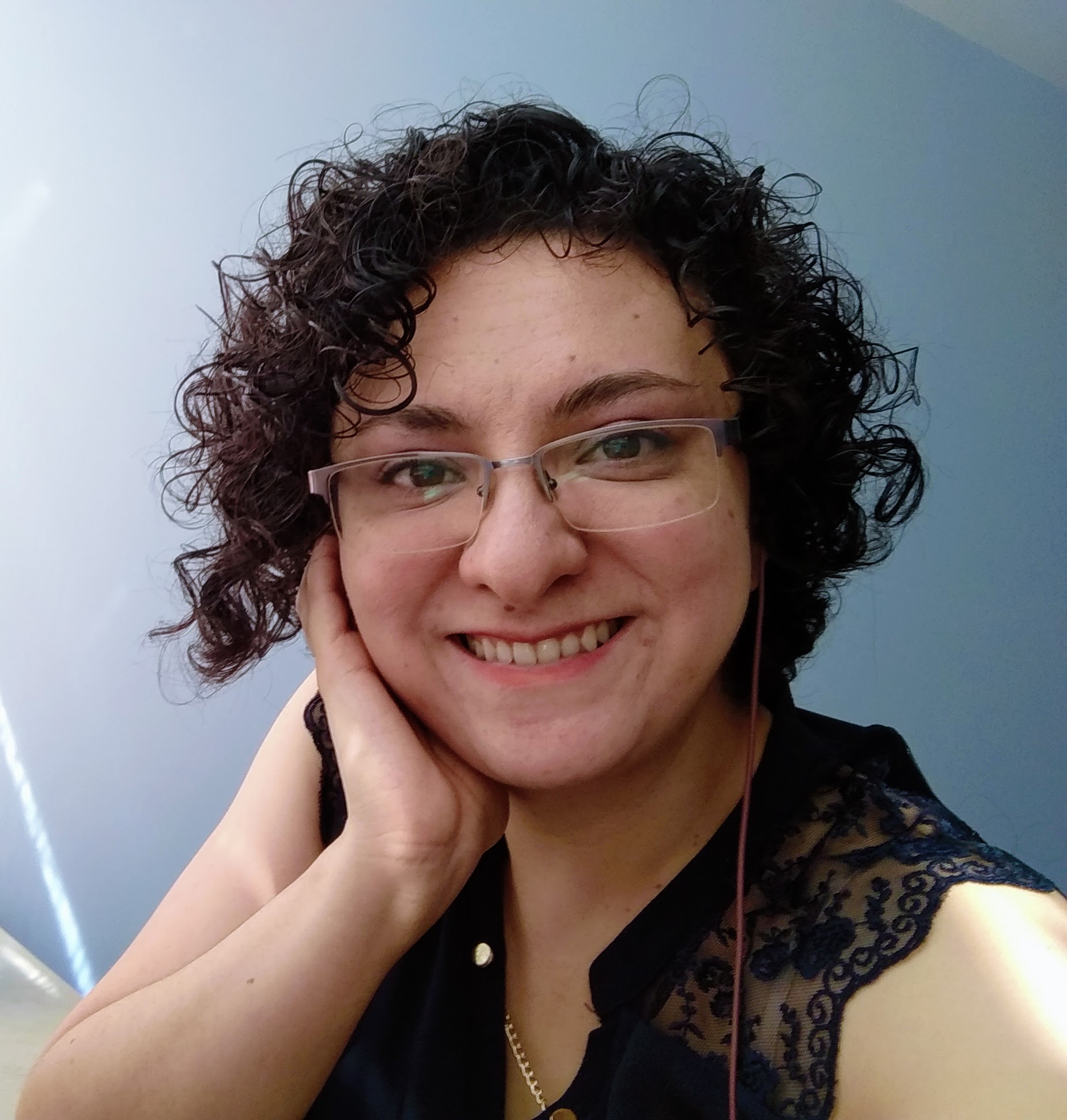Lourdes del Carmen González Huesca

I am a computer scientist and I obtained my PhD (2015) at the Université Paris Cité (formerly Paris 7) as a PhD student in the PPS laboratory (now the IRIF) and the πr² team of INRIA. Formerly I obtained my degree (2007) in the Computer Science Program at the Faculty of Science at the National Autonomous University of Mexico (UNAM) and the Computer Science master’s degree (2010) from the MCIC program, also at UNAM. I am interested in logic in/for computer science, type systems for programming languages, lambda calculus, and the relation between them. All my work is addressed to interact with the Coq proof assistant. Since January 2024, I am an associate professor at the UNAM’s Faculty of Science in the Mathematical Department in Mexico City.
If you want to learn Coq, check this repository for some practical and interactive tutorials and how-to guides about Coq and the Coq Platform as part of the project Coq Platform Doc.
Thierry Coquand in the Initial session of the Collègue de France in 2025.
20th Latin American Symposium on Mathematical Logic XX SLALM 2024
How Close Are Computers to Automating Mathematical Reasoning?"
“Purely Functional Programming is the shortest path to writing and proving a program.” — Xavier Leroy
Logic does not concern itself with the external world, but only with systems for trying to understand it. –Yu I. Manin
Coq was selected as recipient of the ACM Software System Award 2013!
- My publications are here:
- Teaching at Facultad de Ciencias en español
- Slides of some talks here.
- UNAM-PAPIIT project seminar Métodos Formales para el Razonamiento
- Some interesting people and useful sites are here.
- Suggestions and comments in case you want to study a postgraduate outside Mexico (in spanish).
Contact
- Email address:
- luglzhuesca [at] ciencias.unam.mx
Interesting sites
- How to give a good research talk. Simon Peyton Jones
- Logic, Languages and Categories or the computational trinitarism
- Coq
- The official page of Coq and the F.A.Q of Coq, for an easy overview of Coq.
- A very nice and gentle book for learning Coq: Certified Programming with Dependent Types written by Adam Chlipala.
- The design and implementation of Coq version 7
- The work of Sylvie Boldo for popular science, but be careful it is in french!
Sugerencias
- Si quieres estudiar un posgrado en el extranjero debes considerar un tema que te guste y te apasione para realizarlo; platica con profesores cercanos al tema y con los cuales hayas tenido contacto para que te orienten. Puedes buscar las páginas personales de profesores que investiguen sobre el tema y siempre puedes escribirles para preguntar si tienen algún lugar disponible para que estudies con ellos.
- Conseguir financiamiento es muy importante: puedes hacerlo con Conacyt o con becas de los países, universidades o laboratorios del posgrado. Lo mas importante es que tengas una carta de aceptación en donde se detalle con quién vas a trabajar, en dónde y en qué universidad estarás inscrito.
- Tu pasaporte debe estar en condiciones óptimas según los requerimientos del país a donde vayas. De igual forma debes revisar las disposiciones oficiales del país, es decir, visa, permisos, etc.
- Procura llevar un acta de nacimiento apostillada al igual que copias certificadas de los títulos y los certificados de calificaciones de tu grado inmediato anterior. De igual forma puedes llevar traducciones de estos. Pregunta o investiga los requerimientos de la universidad en la que estarás inscrito.
- El idioma del país destino (para la vida diaria) es muy importante al igual que el inglés.